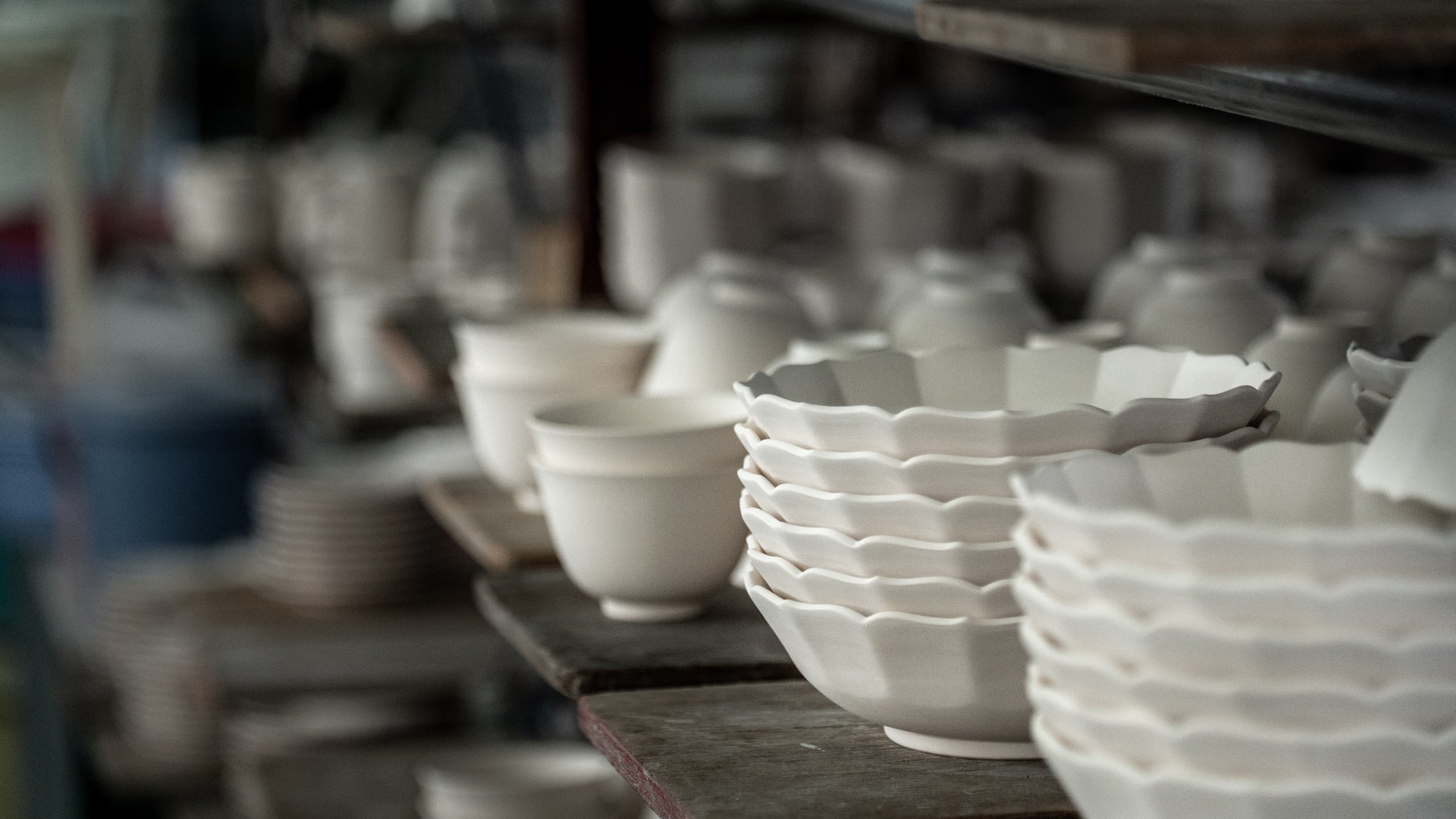
Six Sustainable Japanese Craft Makers
The days of mass production, mass consumption, and mass disposal have become a thing of the past. We have lived our lives dependent upon plastic products and other non-recyclable goods, but now we are paying the price. These non-recyclable products are polluting our oceans and destroying the natural habitats of animals all around the world. In order to prevent further destruction of our natural environment, many people have come to understand the importance of leading an environmentally friendly lifestyle.
We want the items that we use daily to be sustainable and be made with care to the environment. Japanese traditional crafts are repairable in almost all cases, and both ceramics and lacquerware can be used for nearly 100 years. Furthermore, many products can be disposed without polluting our natural environment.
Japanese manufacturers are increasingly working hard to preserve the environment and conserve resources during the production process. In this issue, we will introduce six of the manufacturers we carry at Musubi Kiln that are committed to sustainable practices. For a more aesthetic and mindful life, check them out!
tables of contents
Ri Sanpei (Yi Sam-pyeong) Kiln

Ri Sanpei (Yi Sam-pyeong) Kiln is run by the descendants of Ri Sanpei (Yi Sam-pyeong), a Korean ceramic master who was the first to successfully produce porcelain in Arita, Saga Prefecture, Japan. Unlike other Arita Ware today, it has revived the materials that shaped the earliest Arita Ware and revived its early Imari style. The current Ri Sanpei (Yi Sam-pyeong) XIV is also committed to the SDGs, "responsibility to create and use" in the utilization of resources in the irreversible ceramic process.
This is how Ri Sanpei (Yi Sam-pyeong) Kiln is an Arita Ware manufacturer that is committed to the preservation of traditional techniques and the use of limited resources.
Odate Kougeisha

Odate Kougeisha is a manufacturer of Magewappa, a traditional Akita Prefecture handicraft. The company uses Akita cedar, one of the three most beautiful forests in Japan, as the material for its products. The company is committed to preserving the natural Akita cedar trees, which are over 200 years old, while strategically harvesting the trees to keep the forest environment in the best condition.
Protecting Akita's natural cedar forests also means passing on their work to the next generation of woodworkers. By updating the traditional craft of Magewappa to a more modern and beautiful design, the company is preserving Akita's beautiful forests for generations to come.
Miyabi Urushi Kogei

Miyabi Urushi Kogei handles woodworking using Kiso Hinoki wood from Nagano Prefecture. Like the Akita cedar of Odate Kougeisha mentioned above, Kiso Hinoki is one of the three most beautiful trees in Japan.
Their craftsmen are knowledgeable about the properties of wood and forest preservation, and are constantly studying how to cut the natural hinoki wood from the trees to make the best products. This knowledge and effort is essential in order to create beautiful pieces without wasting materials, and the best choices are made in the process from felling to formation by craftsmen with years of experience.
Miyabi Urushi Kogei considers itself to be a "translator between nature and the customer," a manufacturer that incorporates designs that suit the needs of the customer and modern life, while interacting with the natural resources of Kiso Hinoki from harvesting to processing in a desirable manner.
Yatsuyanagi

Yatsuyanagi is the manufacturer of Kabazaiku, a unique craft using the bark of the mountain cherry tree which is found nowhere else in the world. Kabazaiku is a remarkable Japanese craft that uses cherry bark to create a wide variety of decorations, from the appearance of a cherry tree branch itself to a polished, shiny, metallic finish.
This beautiful craft is made without destroying the natural environment because the bark is collected at the right time and in the right condition, the cherry trees are not cut down, and the bark regenerates itself.
The head store also refinishes and restores products, ensuring that once you have a Kabazaiku, you can continue to use it for a very long time. The scraps are also used to make key chains, hair clips, and other small items so that no material is wasted, making Kabazaiku a beautiful, rare, and very eco-friendly craft.
Yamachiku Bamboo Chopsticks

Yamachiku is a manufacturer of bamboo chopsticks made in the Kyushu region (located in the southwest of Japan), which has about 40% of the bamboo forests in Japan. Bamboo chopsticks, less likely to crack or chip than wooden chopsticks, are known for their strength, suppleness, and diligent beauty, making them one of the most popular types of chopsticks made in Japan.
Bamboo forests produce 30% more oxygen than other forests, solving carbon dioxide and greenhouse gases, a necessary environment for the modern age, yet they reproduce very quickly and are said to destroy other forests if not managed properly. Yamachiku is contributing to a sustainable environment by managing bamboo forests while processing difficult bamboo chopsticks and bringing quality cutlery to the dinner table.
Hanasaka

Hanasaka is the ceramics brand of Taniguchi Seidojo, which produces Kutani Ware clay.
The clay and minerals used to make ceramics are the earth's resources, which, like petroleum, will eventually be depleted. The Hanasaka ceramic stone, from which Kutani Ware porcelain clay is made, is currently mined only in a few mines, and this brand is making an effort to support Kutani Ware production as a clay factory.
For example, "Une," a series of pieces designed using only Kutani Ware clay, reuses impurities removed during the clay refining process as glaze. The natural glaze, which brings out the true color of the clay, is beautiful and warm even without coloring. The silky smooth texture is also attractive, and the finish truly brings out the best of the clay. Semi-permanent ceramic is the basic material for our daily tableware. This series, which addresses the issue of resources, will surely contribute to an eco-friendly life.
Contribute to the ecology by shopping
As the issue of resource depletion is now being questioned, the keyword "sustainable" will become increasingly important in manufacturing.
Also, more consumers than ever before may want to choose products that are environmentally friendly and can be used for a long time, rather than simply inexpensive and convenient. In addition to the items introduced here, the products we carry at Musubi Kiln are all made with materials and manufacturing methods that are in harmony with the environment.
We hope to replace disposable containers and plastic products with these beautiful tableware products and realize a lifestyle that is friendly to both people and the environment.


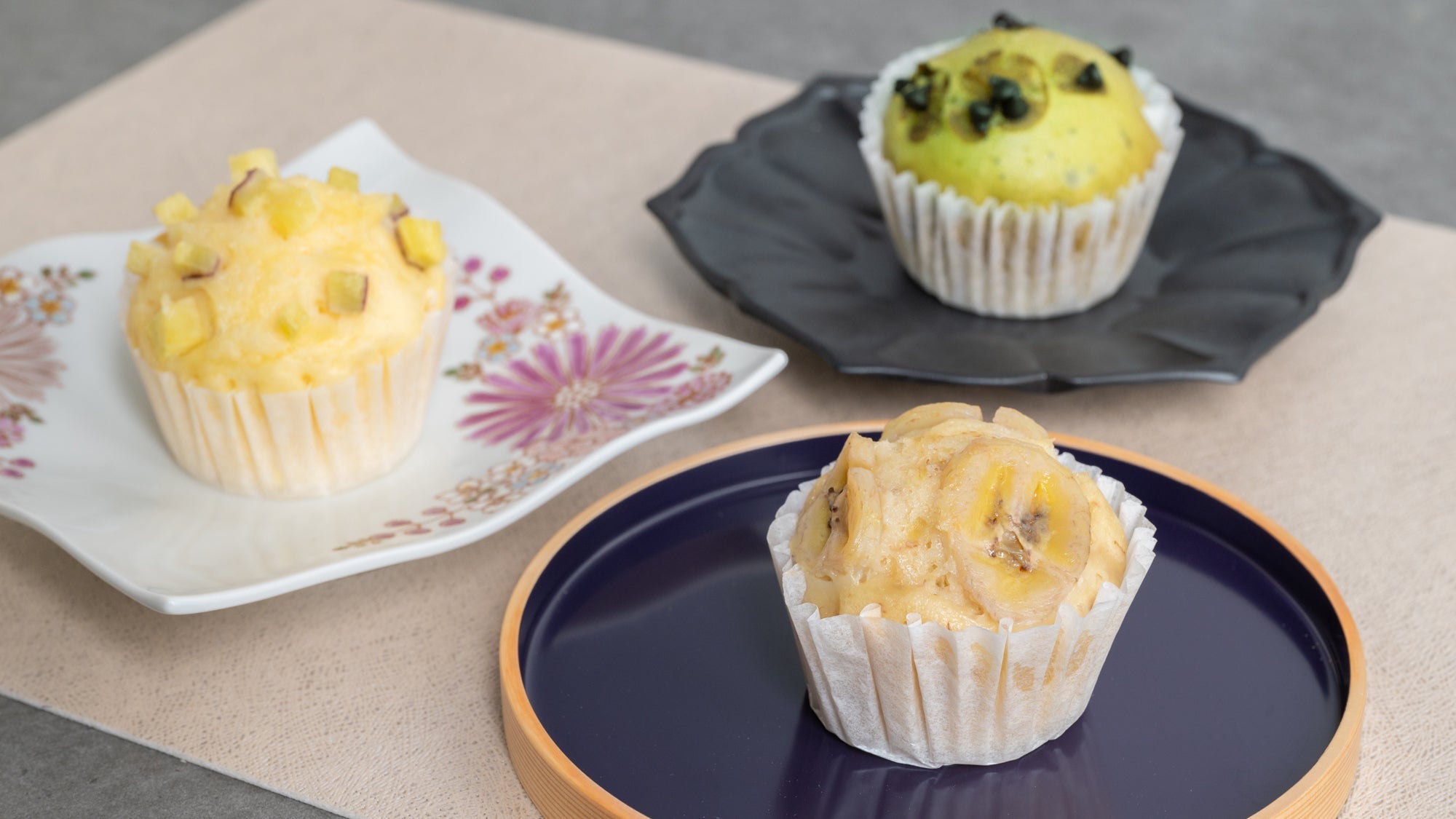
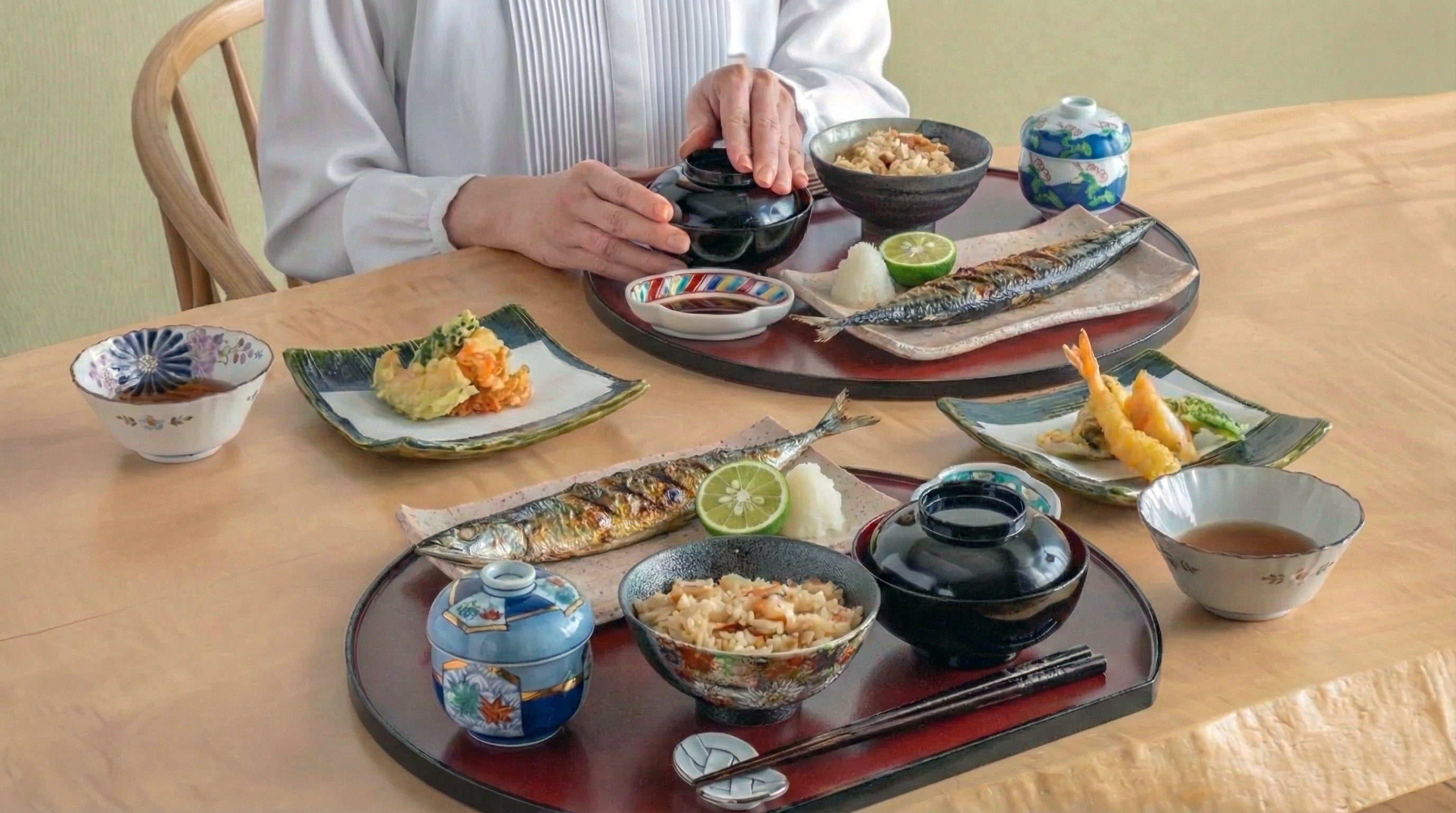
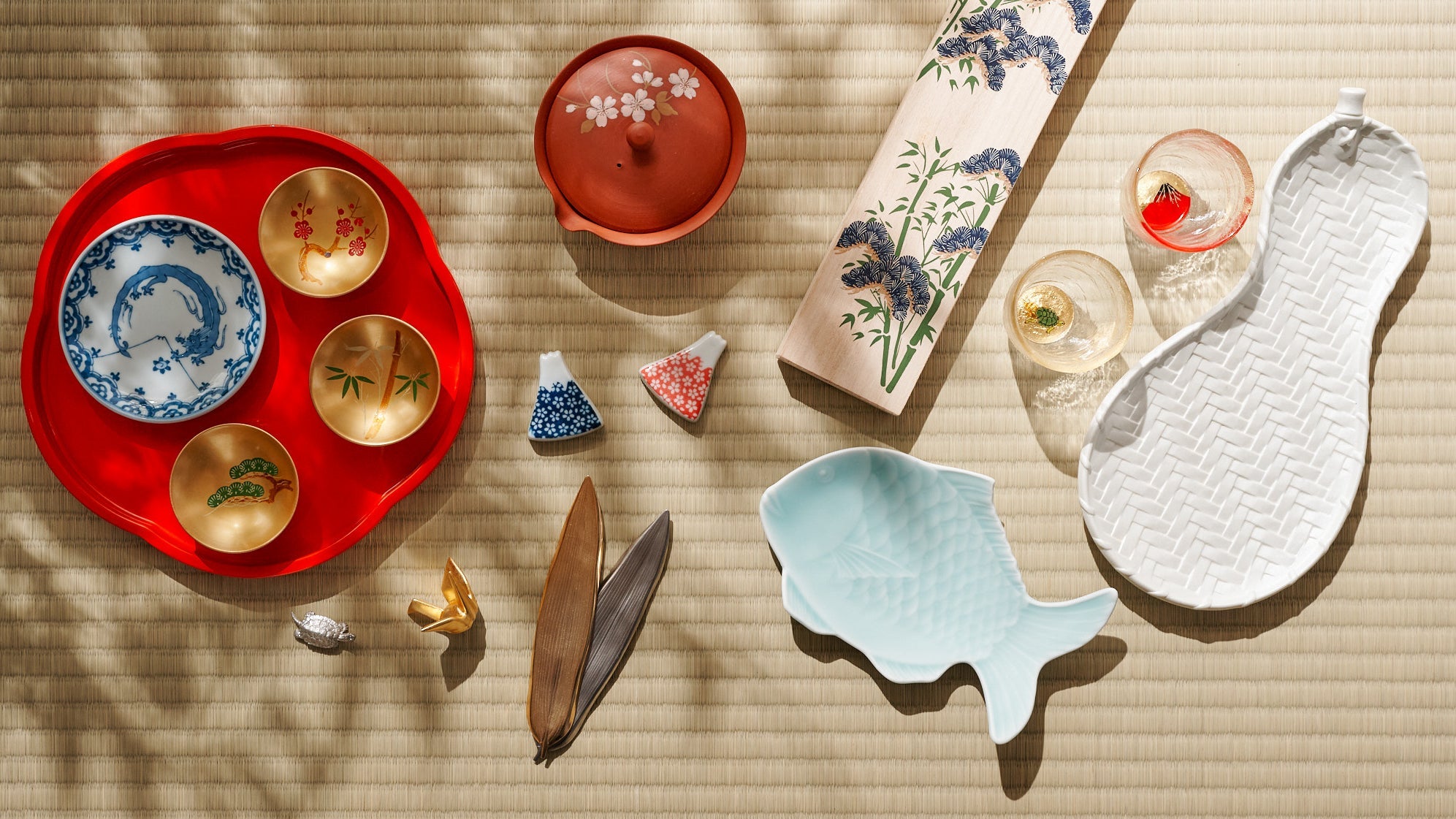
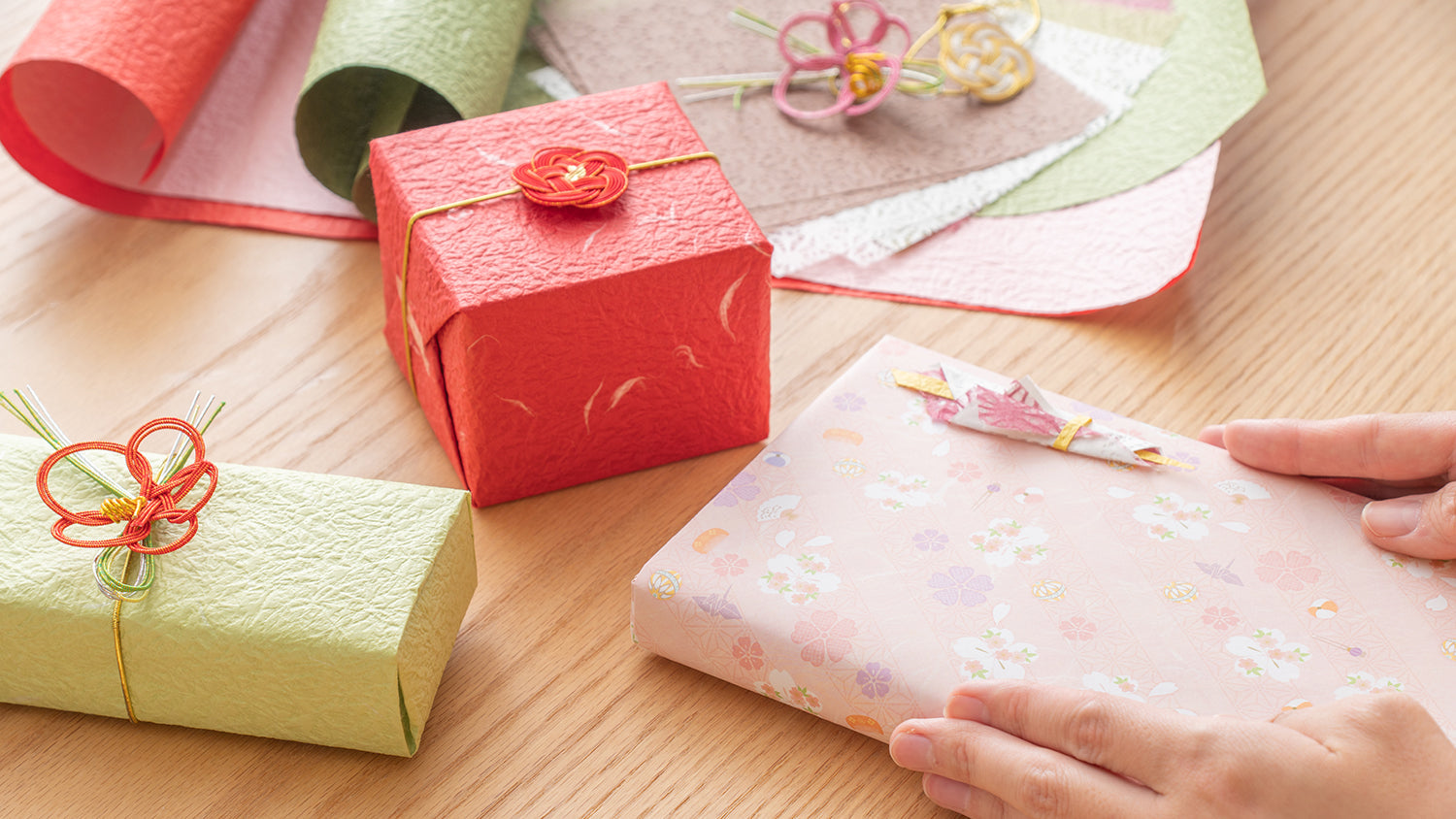
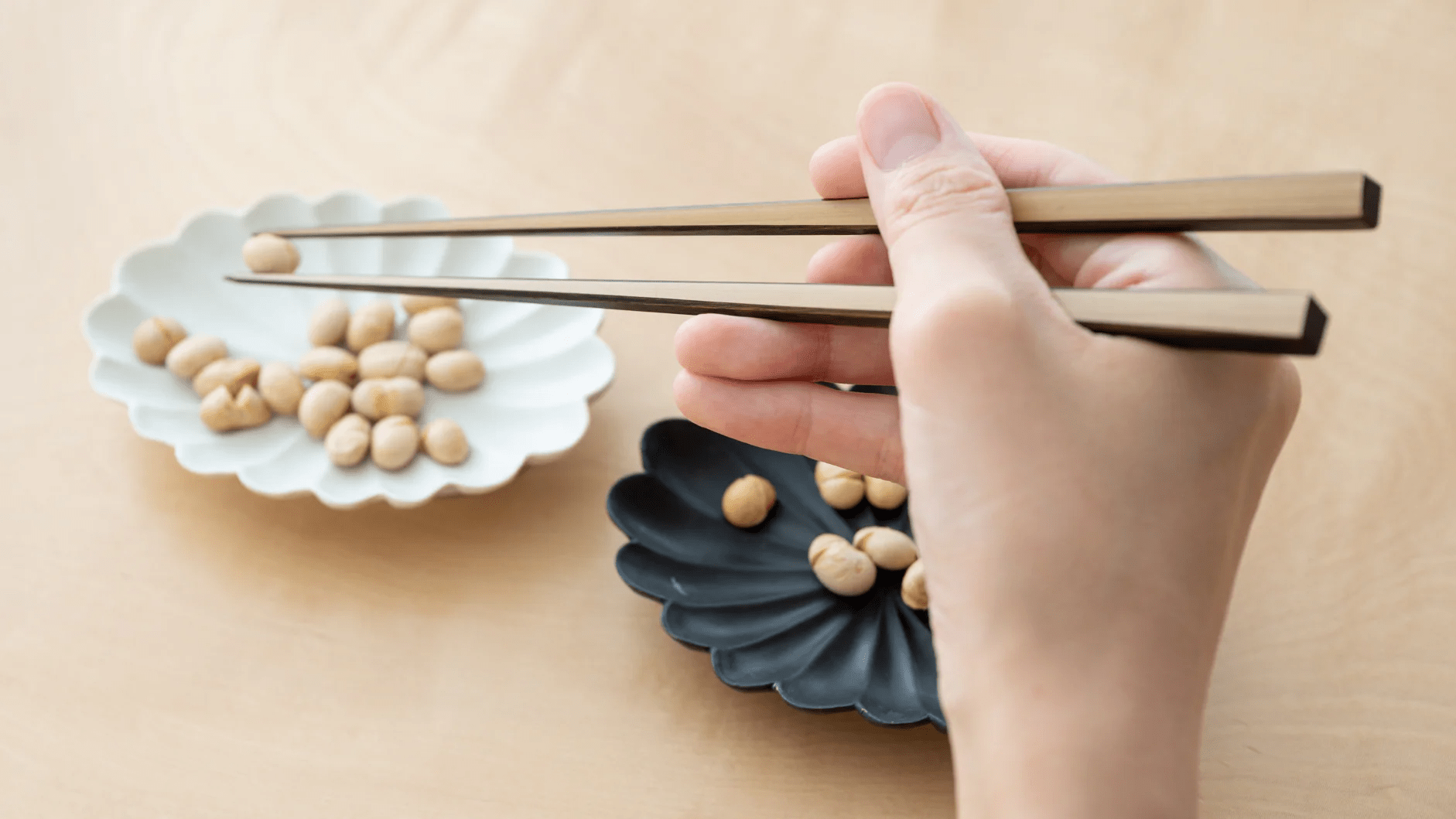
Leave a comment
This site is protected by hCaptcha and the hCaptcha Privacy Policy and Terms of Service apply.